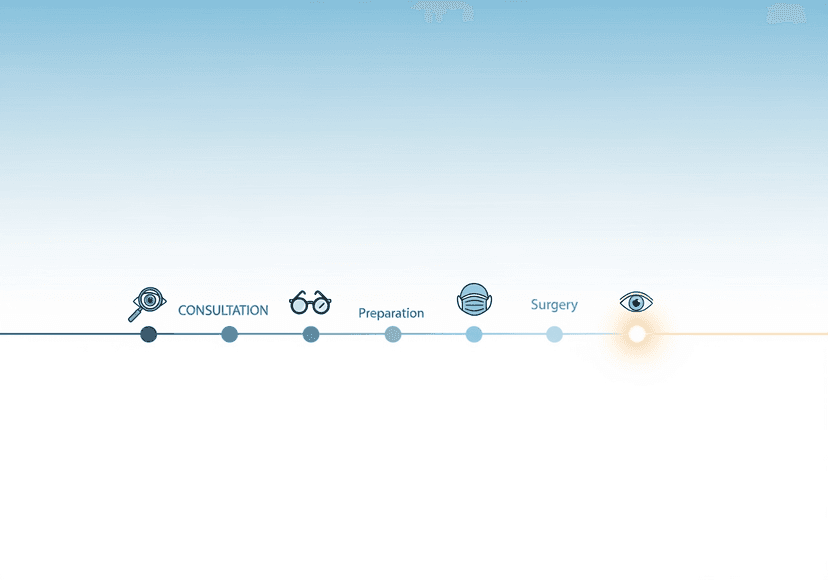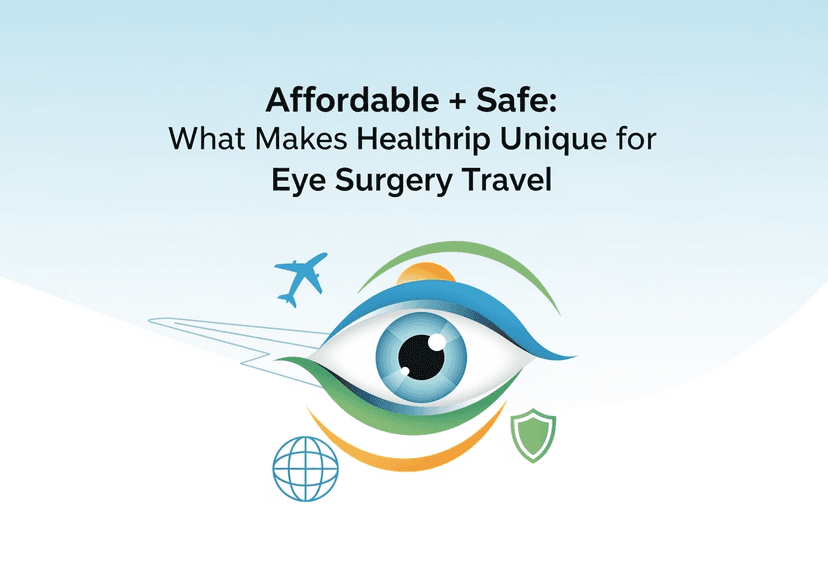
Understanding Mouth Cancer: Causes, Symptoms, and Treatment
16 Oct, 2024
 Healthtrip
HealthtripWhen it comes to our health, there's one thing we often take for granted - our mouths. We eat, we talk, we smile, and we often forget that our mouths are a complex system that can be affected by various health issues. One of the most critical health concerns related to our mouths is mouth cancer. It's a condition that can be devastating, but with early detection and proper treatment, it can be managed and even cured. In this article, we'll delve into the world of mouth cancer, exploring its causes, symptoms, and treatment options, so you can take control of your oral health.
What is Mouth Cancer?
Mouth cancer, also known as oral cancer, is a type of cancer that develops in the mouth, tongue, lips, or throat. It occurs when there's an abnormal growth of cells in these areas, which can invade and damage surrounding tissues. Mouth cancer can affect anyone, but it's more common in people over 40 years old, with men being more likely to develop it than women. The good news is that early detection and treatment can significantly improve the chances of survival and recovery.
Most popular procedures in India
Causes of Mouth Cancer
While the exact cause of mouth cancer is still unknown, there are several risk factors that can increase your chances of developing it. These include:
Tobacco and alcohol consumption: These are two of the most significant risk factors for mouth cancer. Tobacco, in particular, contains over 70 known carcinogens that can damage cells in your mouth, while excessive alcohol consumption can increase the risk of mouth cancer by up to six times.
Wellness Treatments
Give yourself the time to relax
Lowest Prices Guaranteed!

Lowest Prices Guaranteed!
Human Papillomavirus (HPV): This virus is commonly associated with cervical cancer, but it can also cause mouth cancer. HPV is usually spread through skin-to-skin contact, and it's estimated that up to 25% of mouth cancer cases are linked to HPV.
Poor oral hygiene: Failing to brush and floss regularly can increase the risk of mouth cancer, as it allows bacteria to build up in your mouth and potentially cause cell damage.
Diet: A diet low in fruits and vegetables can increase the risk of mouth cancer, as these foods contain antioxidants that help protect cells from damage.
Genetics: Having a family history of mouth cancer can increase your risk, as some genetic mutations can be passed down through generations.
Symptoms of Mouth Cancer
One of the most critical things to remember about mouth cancer is that it can be symptom-free in its early stages. However, as the cancer progresses, you may notice some of the following symptoms:
Ulcers or sores that don't heal: If you have a mouth ulcer or sore that persists for more than three weeks, it's essential to see your doctor or dentist.
Unusual lumps or swellings: If you notice any unusual lumps or swellings in your mouth, tongue, or lips, it's crucial to get them checked out.
Pain or discomfort: Mouth cancer can cause pain or discomfort in your mouth, tongue, or lips, which can be a sign that something is wrong.
Difficulty swallowing: If you're having trouble swallowing or experiencing pain while eating, it could be a sign of mouth cancer.
White or red patches: White or red patches in your mouth can be a sign of abnormal cell growth, which could be a precursor to mouth cancer.
Diagnosing Mouth Cancer
Diagnosing mouth cancer usually involves a combination of physical examination, imaging tests, and biopsy. Your doctor or dentist will typically start by examining your mouth, tongue, and lips to look for any signs of abnormal cell growth. They may also use imaging tests such as X-rays, CT scans, or MRI scans to get a better look at your mouth and surrounding tissues.
If your doctor suspects mouth cancer, they may perform a biopsy, which involves removing a small sample of tissue from your mouth for further examination. The biopsy results will determine whether you have mouth cancer and, if so, what type and stage it is.
Treatment Options for Mouth Cancer
Treatment for mouth cancer usually involves a combination of surgery, radiation therapy, and chemotherapy. The type of treatment you receive will depend on the type and stage of your cancer, as well as your overall health.
Surgery: Surgery is often the primary treatment for mouth cancer, and it involves removing the tumor and any affected tissues. In some cases, surgery may also involve removing lymph nodes in your neck to prevent the cancer from spreading.
Radiation therapy: Radiation therapy uses high-energy radiation to kill cancer cells. It can be used alone or in combination with surgery or chemotherapy.
Chemotherapy: Chemotherapy uses drugs to kill cancer cells and is often used in combination with radiation therapy or surgery.
Living with Mouth Cancer
Living with mouth cancer can be challenging, both physically and emotionally. It's essential to remember that you're not alone, and there are many resources available to help you cope with your diagnosis.
Support groups: Joining a support group can provide you with a sense of community and connection with others who are going through similar experiences.
Follow-up care: Regular follow-up appointments with your doctor or dentist are crucial to ensure that the cancer doesn't come back.
Oral care: Taking good care of your mouth is essential during and after treatment. This includes regular brushing, flossing, and dental check-ups.
Emotional support: Don't underestimate the emotional toll of a mouth cancer diagnosis. Seek support from loved ones, friends, or a therapist to help you cope with your emotions.
In conclusion, mouth cancer is a serious health concern that can affect anyone. However, with early detection and proper treatment, it can be managed and even cured. By understanding the causes, symptoms, and treatment options, you can take control of your oral health and reduce your risk of developing mouth cancer. Remember, your mouth is a vital part of your overall health, and it's essential to prioritize it.
Related Blogs

Do's and Don'ts During Recovery After Eye Surgery's Healthtrip Tips
Learn about patient stories, wellness destinations, language support, and post-treatment

Timeline: What Your Eye Surgery Journey Looks Like with Healthtrip
Learn about patient stories, wellness destinations, language support, and post-treatment

Luxury Wellness Resorts After Eye Surgery in India's Healthtrip Picks
Learn about patient stories, wellness destinations, language support, and post-treatment

Meet the Doctor: Leading Eye Surgery Experts on Healthtrip's Panel
Learn about patient stories, wellness destinations, language support, and post-treatment

How Healthtrip Bridges Language Gaps for Eye Surgery Patients
Learn about patient stories, wellness destinations, language support, and post-treatment

Affordable + Safe: What Makes Healthtrip Unique for Eye Surgery Travel
Learn about patient stories, wellness destinations, language support, and post-treatment










